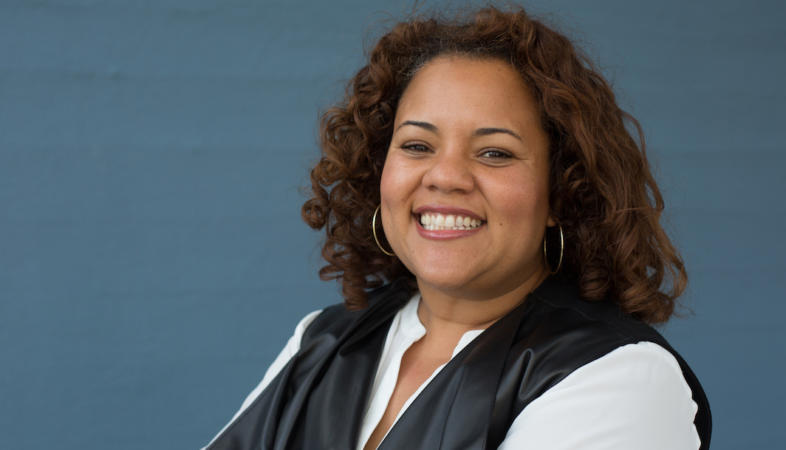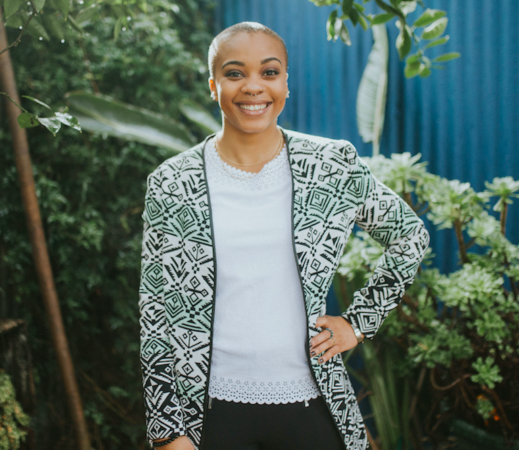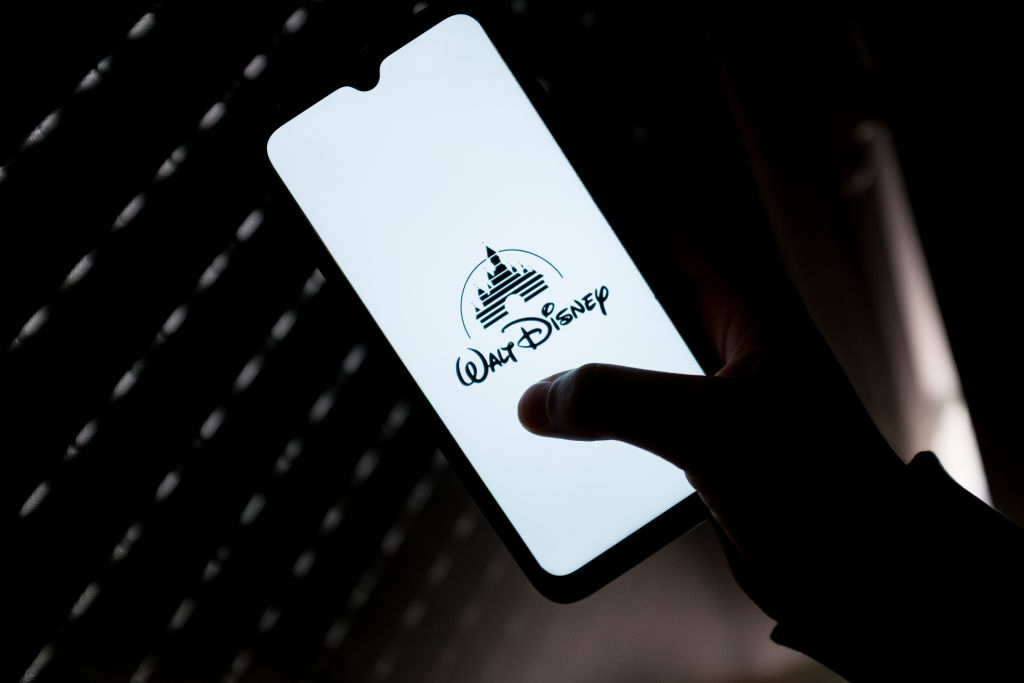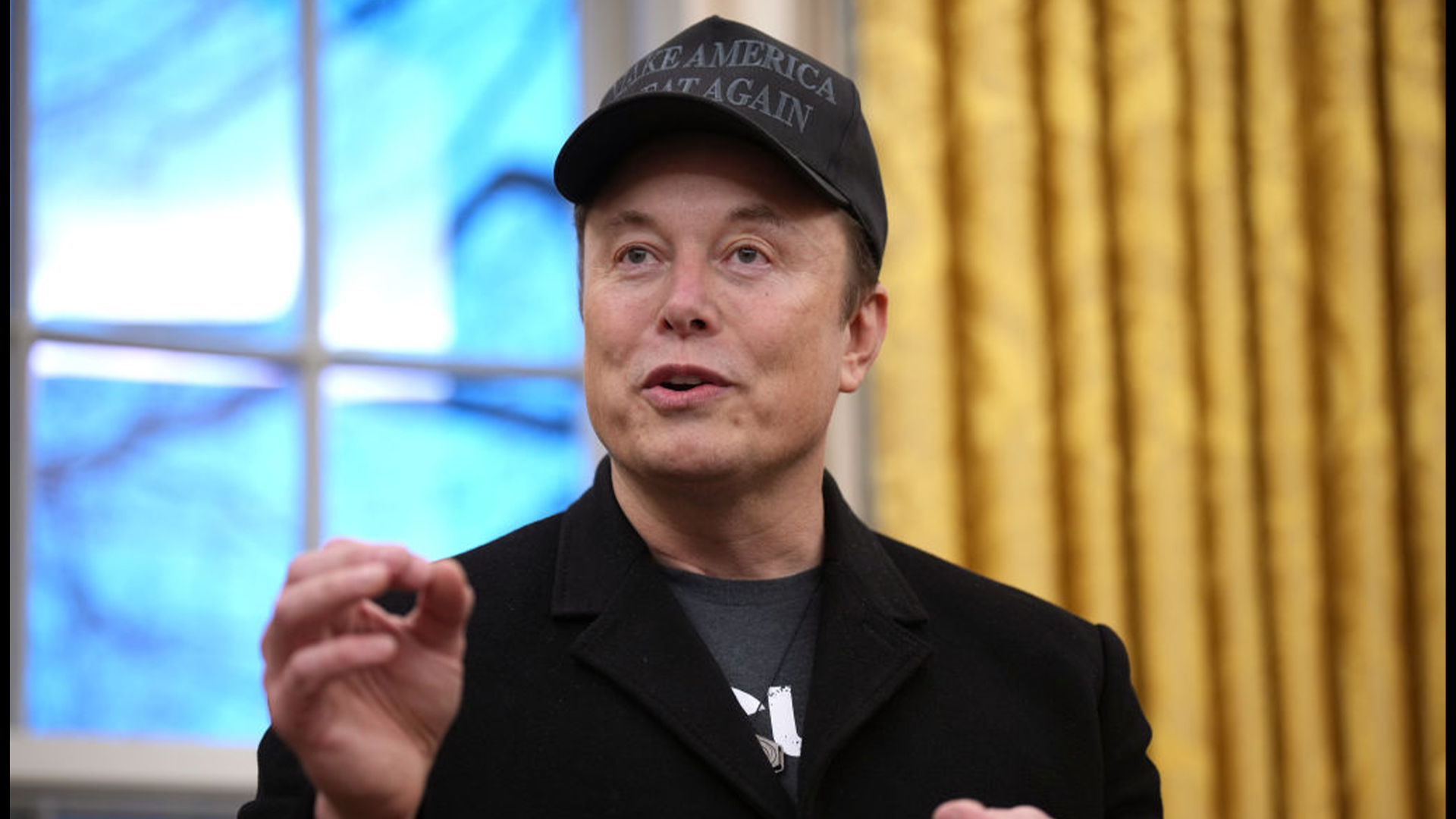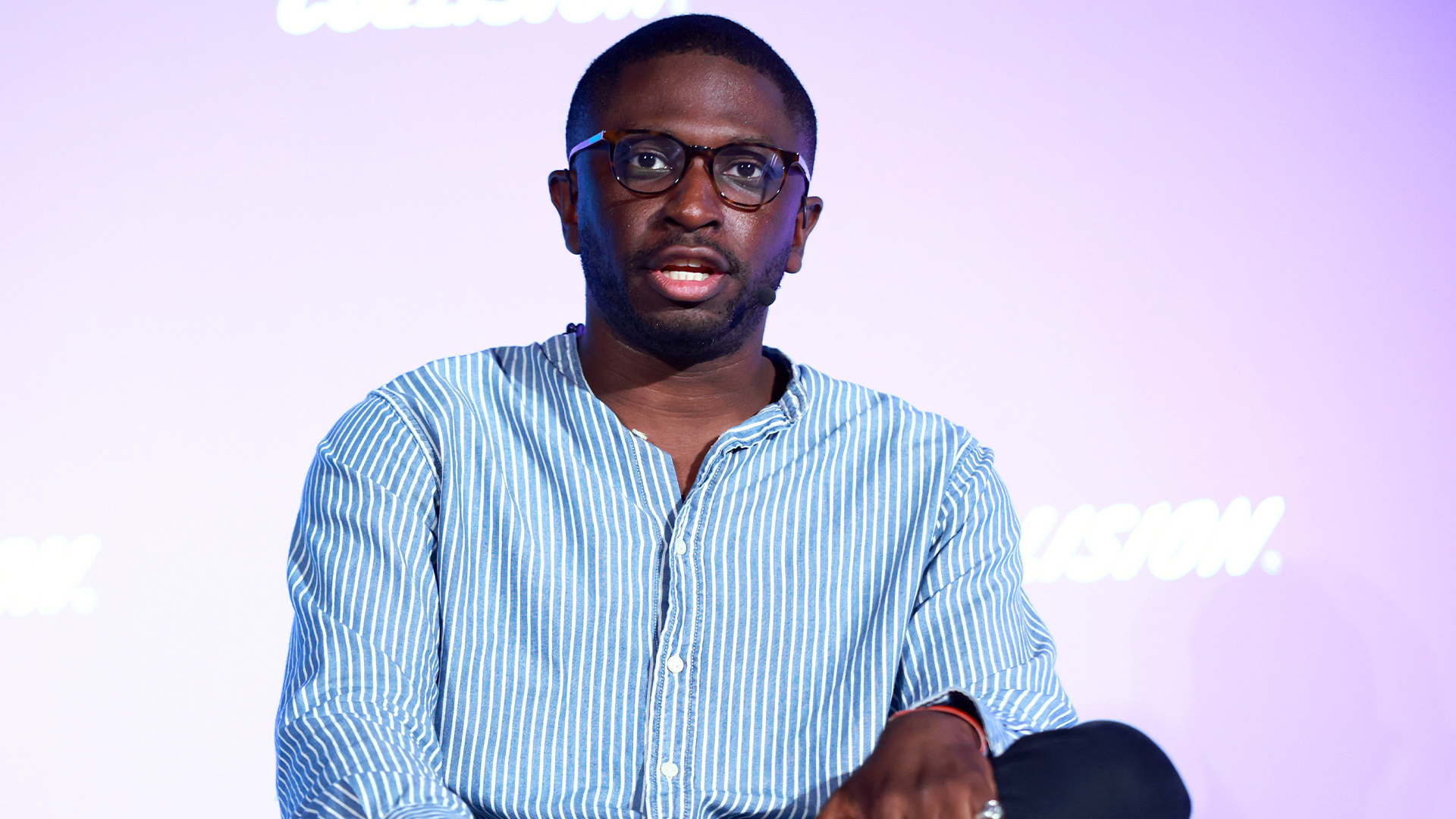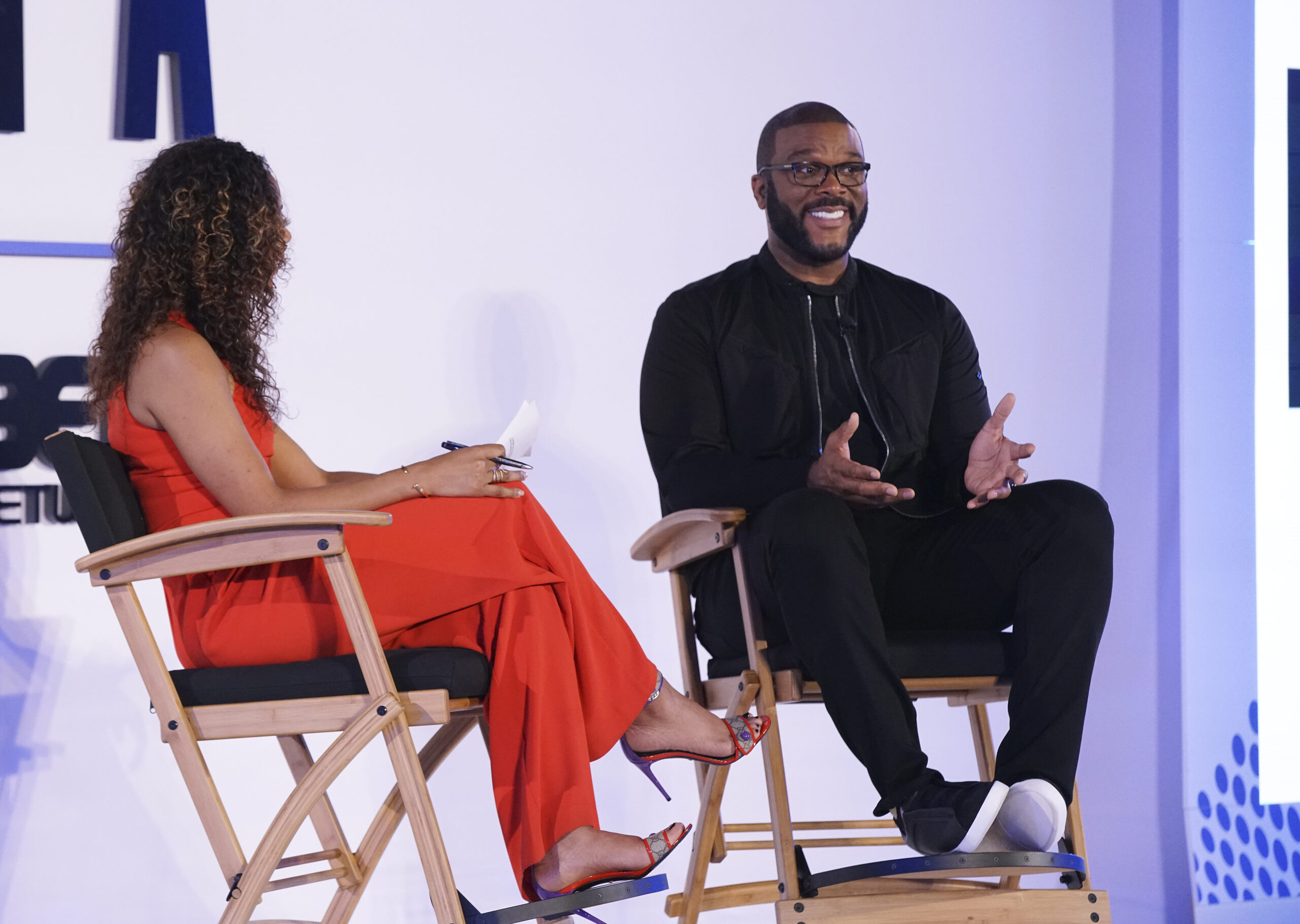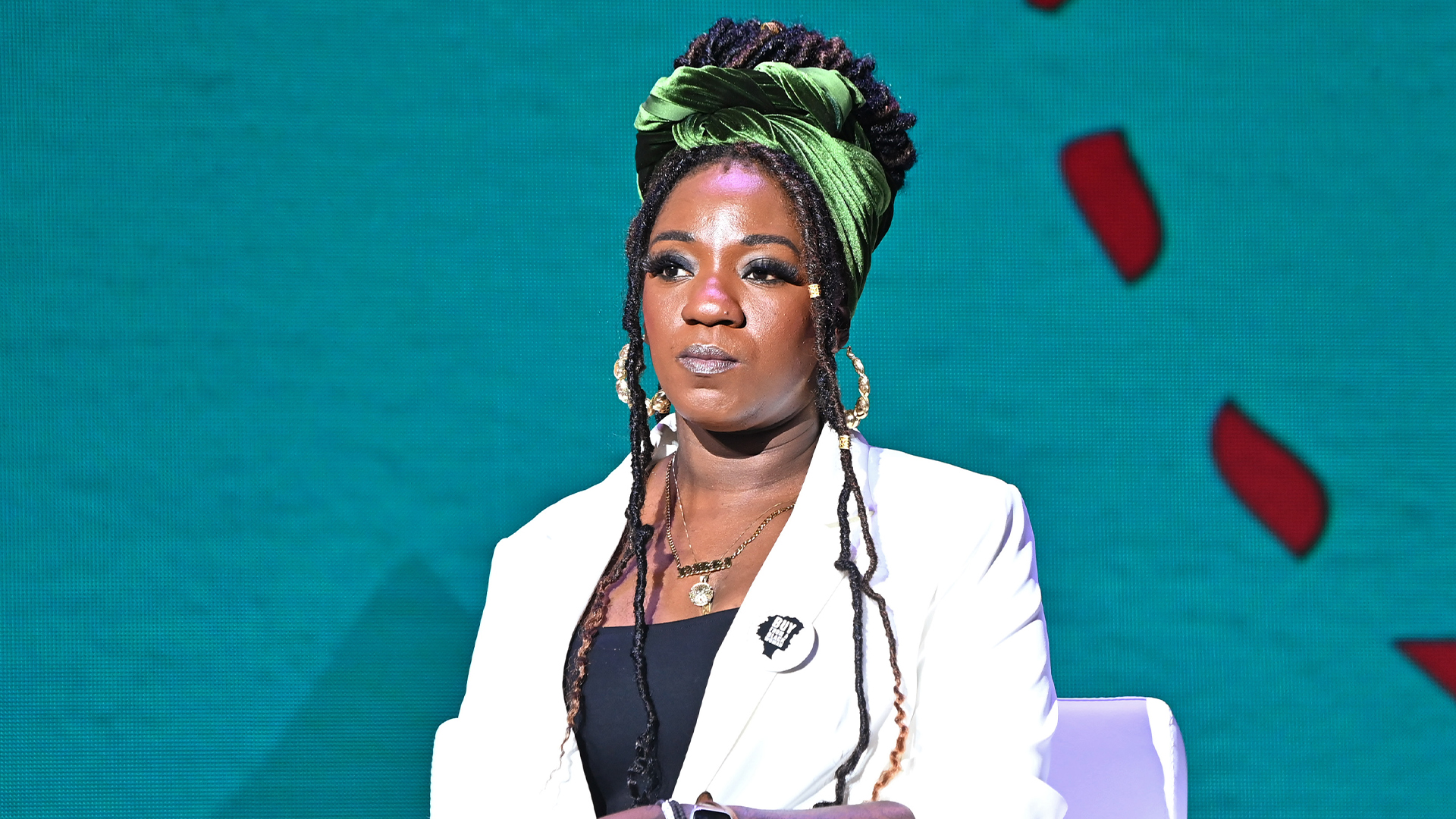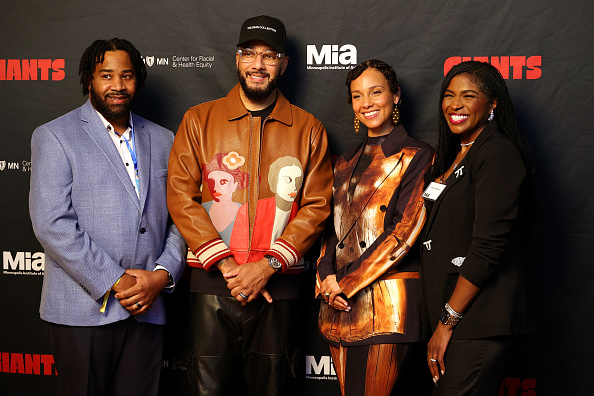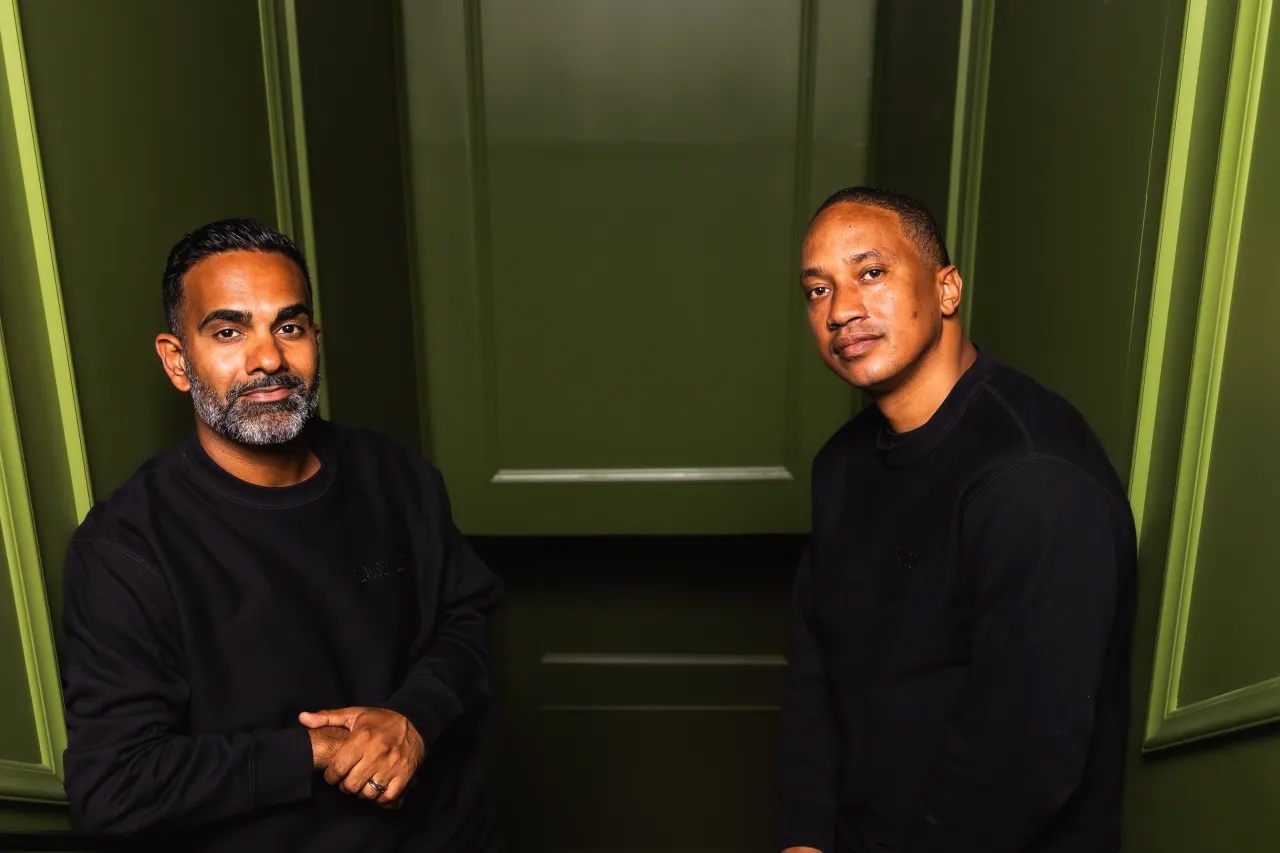Payment technology company Promise secured more than $20 million in a Series A funding round last month. With this fresh investment, the company’s co-founder and CEO Phaedra Ellis-Lamkins told AfroTech that she has big growth plans moving forward.
Promise launched in 2017 and its original focus at that time was creating payment technology for the criminal justice system to help scale bail reform. Ellis-Lamkins said the company did that for about a year and a half before making a pivot after participating in Y Combinator’s Spring 2018 cohort.
Promise has since created a payment solution that makes customizable plans and offers digital payment options to users who need to make government payments like parking tickets, child support, utilities and more.
Ellis-Lamkins said this idea came to her when she was in New Orleans and realized people were in jail for simple parking tickets. She realized the same issue was happening in Oakland, where her company is based. After doing some research, she found that in order to get on a payment plan to pay off tickets there, you had to owe at least $500 and pay 50 percent upfront.
“This seemed insane,” she told AfroTech. “For working people and poor people, the system is so difficult and so we put up a website and we just started paying people’s tickets. We put the money upfront and 94 percent of people paid us back.”
Promise began to do this in Oakland, Denver and Philadelphia before going to governmental institutions to provide a more robust digital payment solution. Ellis-Lamkins said she was so confident that her company could provide better payment tech solutions to not only help these entities, but to help the residents above all. She was right and this Series A proves that. The company’s recent funding round was led by Kapor Capital and XYZ, with additional support from Bronze, First Round, Y Combinator and others.
“We want to build payment systems that are designed to recognize that people’s incomes are different,” Ellis-Lamkins said.
Promise has raised a little over $30 million in venture capital total since its launch. The company plans to use its Series A funding to accelerate and find engineers, sales support and customer service folks to join its 18-person team.
Despite being able to grow Promise’s team prior to this Series A, Ellis-Lamkins said it wasn’t needed yet. Just last week, she was running customer support and lending a hand on other teams, which she said has worked for her as a tech founder.
When it came to raising venture capital, Ellis-Lamkins said she felt very lucky since she ran revenue at a previous company and had relationships with investors who trusted her work.
“I believe that scale is the only way in which you can impact change in the way that I wanted to impact change,” Ellis-Lamkins said about how she approached raising venture capital. “I had done nonprofit work before and it didn’t hit scale, and what I wanted to do was think about scale. Venture capital was critical and we were really lucky that we found our tribe in venture capital. I was looking for people who understood that I was a Black woman. Having that space was important.”
Though raising venture capital might of come easy with some investors, Ellis-Lamkins was still challenged by others. She said one investor questioned “what kind of people” her company would be helping make payments, and they even inquired about the type of crimes people had been convicted of.
“I just said to him, ‘We are not a good partnership,'” she said. “‘If you think the key question is that, we are not a good team.'”
Outside of one company, Ellis-Lamkins didn’t have a lot of experience working in technology, which came with other hurdles as she was building Promise. Also as a working mother, she’s often juggling a lot of tasks during the workday and she feels like she’s missing out on being a part of a tech startup community. Even with these challenges, Ellis-Lamkins has no doubt that she’s capable of growing her venture, even if others do.
“One thing that has been a challenge is, people think that you are not smart or not capable. It’s offensive,” she said. “I interviewed a candidate who wanted to come work at our company who tried to explain how venture capital works. The lack of recognition of having capacity is exhausting.”
In the short term, Ellis-Lamkins said she’s focused on making sure she builds a sustainable company culture as her team grows. She’s also wants to make sure Promise can serve its customers more quickly, especially during the pandemic. Long term, she’s working to change the assumption of what a tech founder should look like. She said all of her good work starts with building a sustainable team and staying steadfast on her mission.
“I just believed we were going to win,” Ellis-Lamkins said. “I didn’t think we had a choice.”
